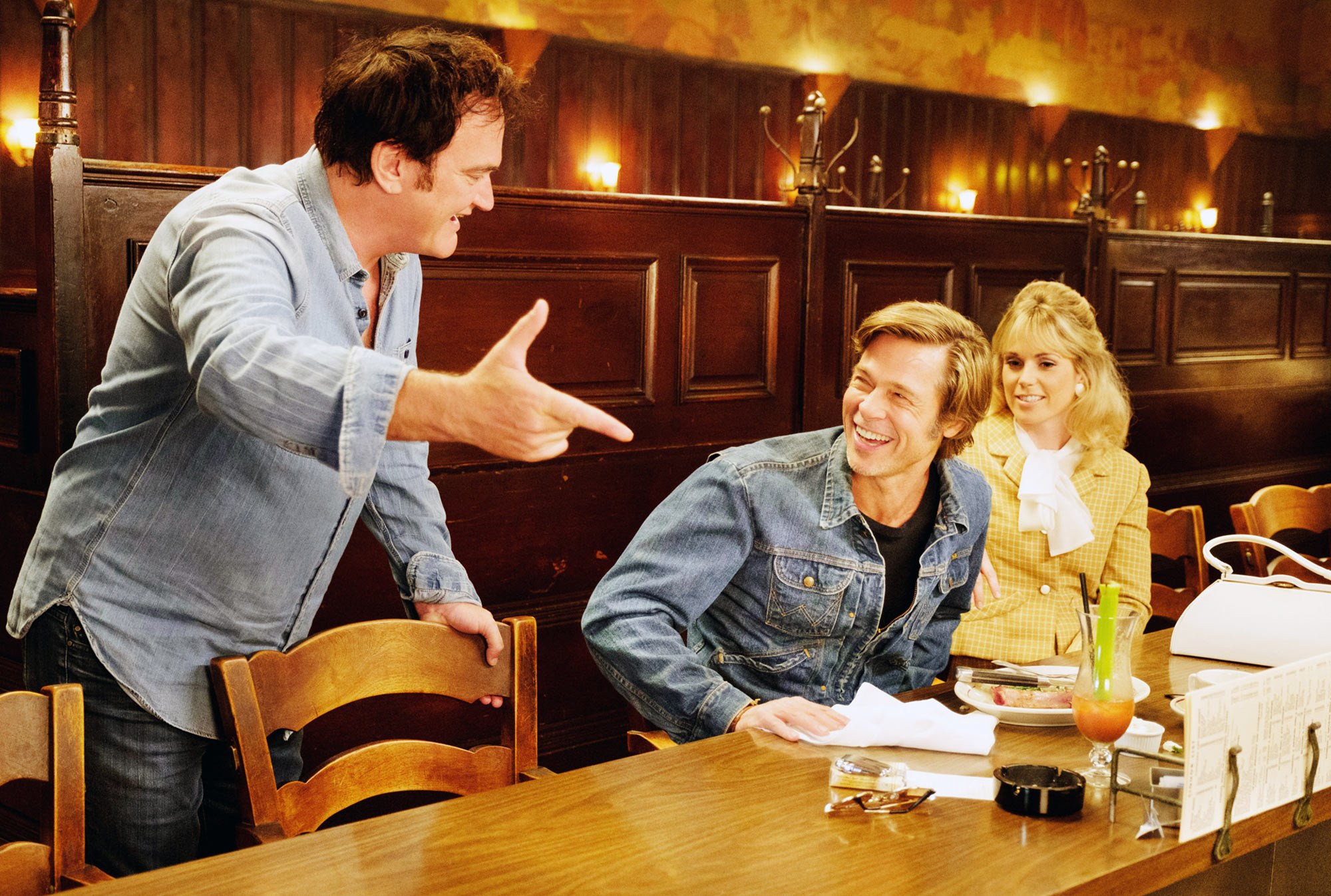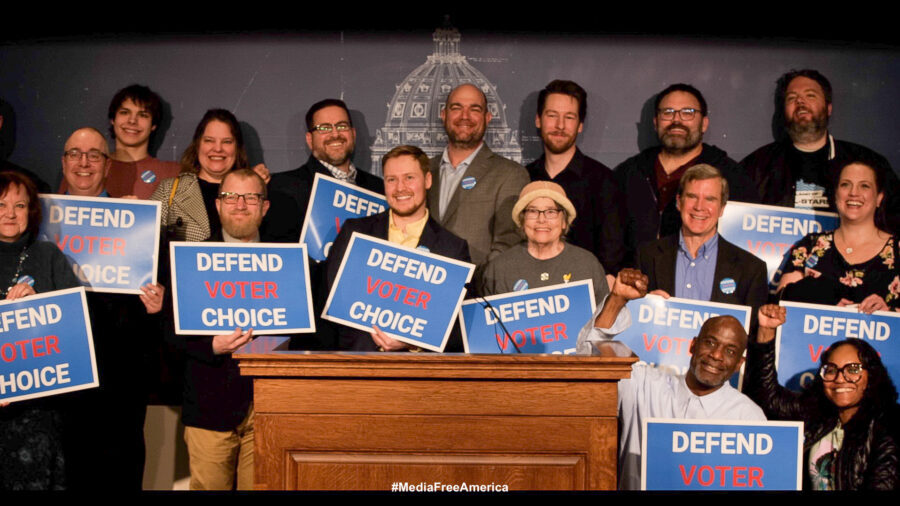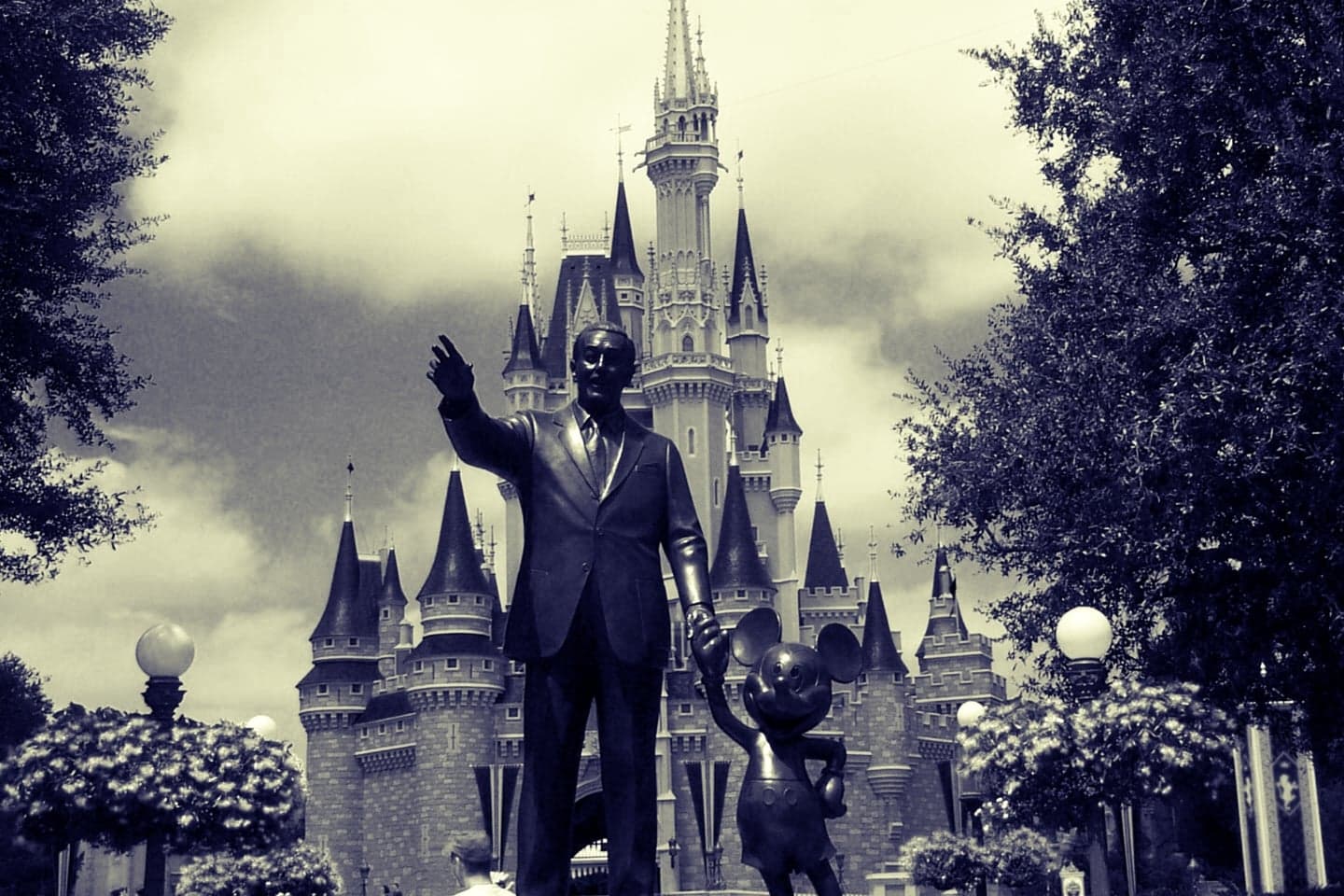If We’re going to reflect on Once Upon a Time in Hollywood as Tarantino’s Fairy tale, then one has to take into consideration the underlying theme of revenge that permeates all of his film oeuvre. Tarantino has created a 1969 Hollywood that is so sumptuously textured and sensually colorful it is immediately more like a fairy tale than anything Hollywood has ever been in any reality past or present.
Once Upon a time in Hollywood is immediately remarkable in that it is a Tarantino film like no other, while also being the quintessential “Tarantino” movie. If you’re looking for Tarantino’s subversive take on the socio-political climate of 1969 Hollywood and an exploration of the social and psychological reverberations of the Manson family murders, please turn around and walk in the other direction, because that is not this movie. What Tarantino is striving for seems to be a bit more difficult to put your finger on. What is clear is that Tarantino has created the film he wanted to make, even if it is indulgent and thematically in-cohesive, but I digress.
Every single one of Tarantino’s films has revenge as a central plot point (The Hateful Eight, Kill Bill, Django Unchained, Deathproof, True Romance) or have it tangentially connected to characters within the plot thematically (Pulp Fiction, Reservoir Dogs, Inglorious Basterds.) At first glance, none of the formula for anything remotely resembling a revenge story is present in Once Upon a Time in Hollywood.
While the title’s “Once Upon a Time” calls to mind bloody crime thrillers like Once Upon a Time in New York or violent epics like Once Upon a Time in the West, it might actually be most apt to read Tarantino’s title as quite literally the homage to fairy stories it has been for centuries. During one scene, DiCaprio’s character has an exchange with a child actress on the television show he is working on in which she declaims to be reading a book about the life of Walt Disney. She then refers to Disney as “Magical.” Throughout Disney’s career, he turned a profit by taking classic, often gruesome stories, re-arranging their unpleasantries and making them more palatable as entertainment than as moralistic warnings. Tarantino’s cinematic world is often so self-referential, I couldn’t help but be stricken by the parallel Tarantino seemed to be drawing between himself and Disney.
Tarantino too has of late made a name for taking painful history, infusing it with a shared pop culture, and making it into entertainment. He tackled World War II atrocities as a B-Movie Caper flick in Inglorious Basterds. Slavery, racism and the civil war were spun as a spaghetti western in Django Unchained. And in Hollywood, we get perhaps the most poetic and personal “Tarantino=i=zation” of history as Sharon Tate’s tragedy is spun into a screwball buddy comedy.
But in the film’s final frames, as the credits begin to roll, we begin to understand that what Tarantino has in fact done is enact his own revenge against the harsh facts of history that ended Tate’s promising future as well as one of the most creative, diverse, and hopeful eras of Hollywood history. The film itself becomes an act of revenge. And that is a breathtakingly beautiful, if almost childishly naïve feat to accomplish. One that we as the audience who know the truth, can really only accept if we believe in the ‘fairy tale’ Tarantino is trying to tell us. In this way, Once Upon a Time in Hollywood unexpectedly becomes Tarantino’s most gentle, humane, and perhaps poetic film. Immediately I recalled a feeling similar to the one I felt upon first viewing Wes Anderson’s The Grand Budapest Hotel. Both Anderson and Tarantino seem to want us to understand first and foremost that the world of their respective films is a façade. Tarantino uses this façade to make a grand mockery of tragic events in our shared history – turning horror into bro-banter and dick jokes. Is it escapism? Or is it revenge? Always under the dopey dialogue and beautifully shot cinematography (let’s get real, Once Upon a Time in Hollywood is a movie ABOUT cinematography) is this sense of impending doom – a sadness for the thing that we know will eventually snuff out this light. This sad undertone elevates the zaniness, making Tarantino’s film feel like an assertion of some fundamental human right to be silly amidst the horrors of man’s inhumanity.
Did I love Once Upon a Time in Hollywood? No. Am I glad it exists. Absolutely. Will I watch it again? Probably not before I review Pulp Fiction for the thirteenth time. Ultimately, while the film didn’t add up to the sum of its parts for this viewer, I did fall absolutely, madly and deeply in love with the ideas in this movie. And when a big summer blockbuster has ideas as big as this film does, that’s reason to celebrate.
-Ryan Scott
Ryan Scott is a free thinker and free-wheeler born and raised in the dirrrty south. Receiving his undergraduate degree from the University of Memphis, Ryan originally began his career as a performer, traveling the U.S. with productions of Beauty and the Beast, The Who's Tommy, Rashomon, Sweet Charity, Light Up The Sky, Jerry Springer the Opera, A Gentleman's Guide to Love and Murder, Reefer Madness, and countless others. After making the Twin Cities his home for six years, Ryan was awarded the 2018 National Master Teacher Fellowship and began teaching with Schools in MS. He currently works as a free-lance performer, educator, speaker, & singer in addition to teaching classes on Acting, Lyric Interpretation, Modern European History, Southern Writers, Contemporary American Literature, & American progressivism. When he's not acting or teaching or writing, he's usually trying to remember why he went into the Kitchen - or doing everything in his power to keep up with his 4 and 7 year old daughters.








Great article! Love your intellegent perspective!